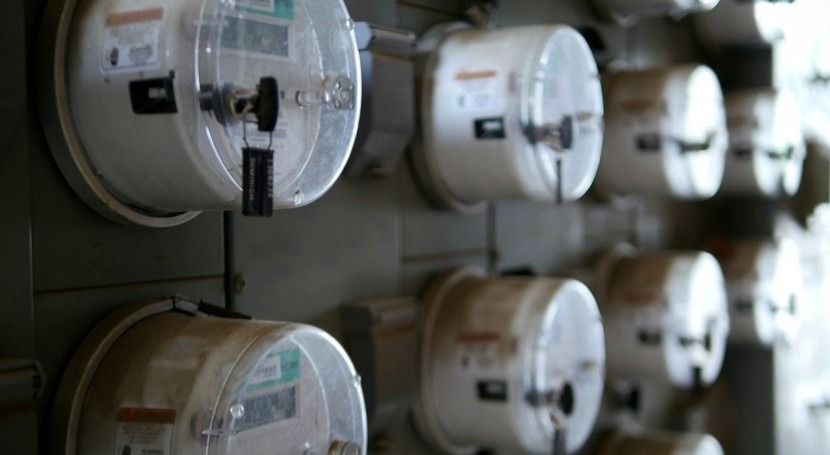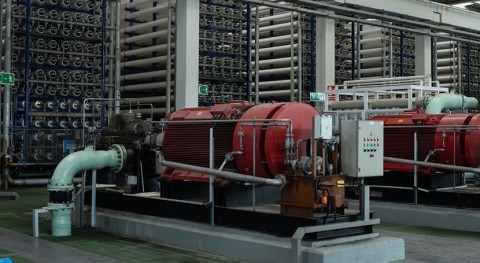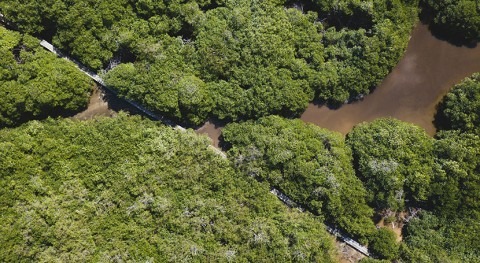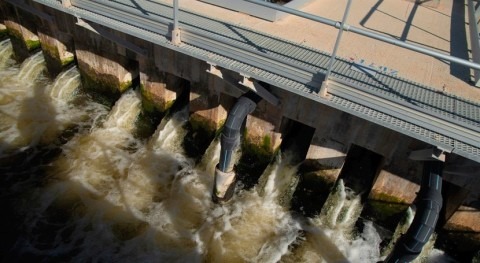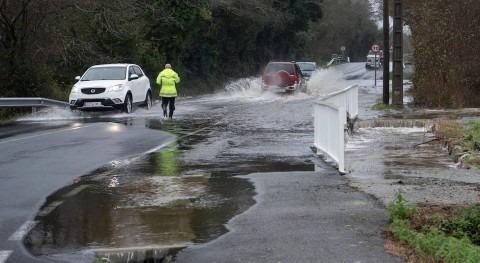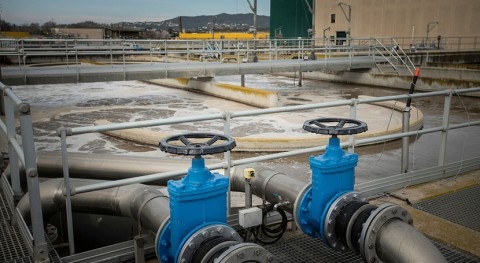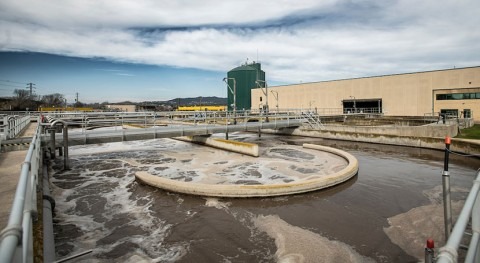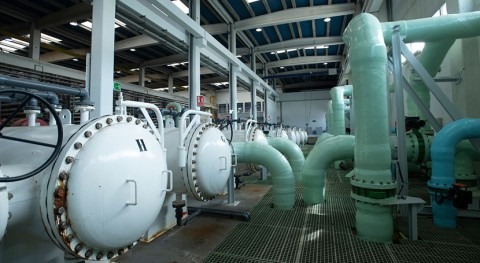The Water and Sanitation Division of the Interamerican Development Bank has released a report looking at the digital transformation process underway in water and wastewater utilities in Caribbean countries.
"The Digital Journey of Water and Sanitation Utilities in the Caribbean: Current State and Opportunities" provides an in-depth analysis of the challenges that water and sanitation utilities in the Caribbean region are facing and highlights opportunities for improvement through the deployment of digital tools. With renowned thought leader on water strategy and innovation Will Sarni as the first author, the discussion paper also includes insights obtained through interviews with leaders of water utilities in the region.
“This report is a significant contribution to understanding the challenges and opportunities with digital transformation in the water sector. The learnings from the research and interviews are applicable to any geographic region”, Will Sarni told Smart Water Magazine. And he added: “Challenges including access to capital and technologies and most importantly investment in the workforce are essential when committing to a digital transformation strategy. We view the opportunities in the Latin America and Caribbean (LAC) region to be significant compelling."
Access to capital and technologies and most importantly investment in the workforce are essential when committing to a digital transformation strategy
Several questions related to the digital landscape in the water and wastewater utilities of the Caribbean region are addressed: the accessibility of digital tools available to these utilities, their current state of digital transformation as well as opportunities that exist for further digital transformation. The countries analysed were Bahamas, Barbados, Belize, Guyana, Jamaica, Suriname and Trinidad & Tobago.
The water sector is critical for the economy of Caribbean countries, supplying water for households, agricultural activities, and the tourism industry. Most countries rely primarily on rainfall as the primary source of water, and projections indicate that climate change will contribute to increased variability and intensity of rainfall, resulting in more frequent droughts and exacerbating water scarcity issues. Furthermore, the region is susceptible to challenges such as water pollution, coastal erosion, rising sea levels, and severe weather conditions.
Caribbean water utilities face water supply limitations, infrastructure constraints, and adverse weather conditions
Caribbean water utilities face notable challenges: predominantly tropical and consisting mostly of islands, the region encounters issues such as water supply limitations, infrastructure constraints, and adverse weather conditions. Implementation of digital technologies is hindered by infrequent smart meters and insufficient infrastructure, particularly in rural areas. The region also grapples with a scarcity of supply-side innovation support, with limited startups, budgets, and technical expertise. A lack of a pro-innovation culture and the economic impact of COVID-19, heavily reliant on tourism, further slowed down digital transition efforts in recent years. However, there are also advantages: relatively small populations allow for the design and construction of small- and micro-scale, or off-grid solutions in a capital-efficient manner—a flexibility not easily achievable in larger nations. Additionally, many Caribbean countries boast dense urban populations, providing significant opportunities for a substantial portion of the population to access municipal drinking water and sanitation solutions.
The research team conducted interviews with members from the following organisations: Barbados Water Authority, Belize Water Services Ltd., Guyana Water Inc., Jamaican National Water Commission, and Suriname Water Company. The report provides a detailed analysis of the current status of digitalisation, exploring different aspects: water production operations (sources, collection, treatment and distribution), customer service, digital internal systems, data science practices and cybersecurity.
The study highlighted two urgent issues: the need for financial capital and skilled labour accessibility. Additionally, it uncovered prospects for enhancing water asset sensing systems, accelerating internal information communication, bridging the Knowing-Doing gap (the difference between “knowing” that digital technologies will improve an organization and actually “doing” something about it), and employing digital technologies to enhance customer education about water and wastewater matters. The document also suggests innovative investment strategies for Caribbean utilities, providing a valuable resource for policymakers, industry leaders, and other stakeholders who are interested in improving water and sanitation services in the Caribbean through digital transformation.

